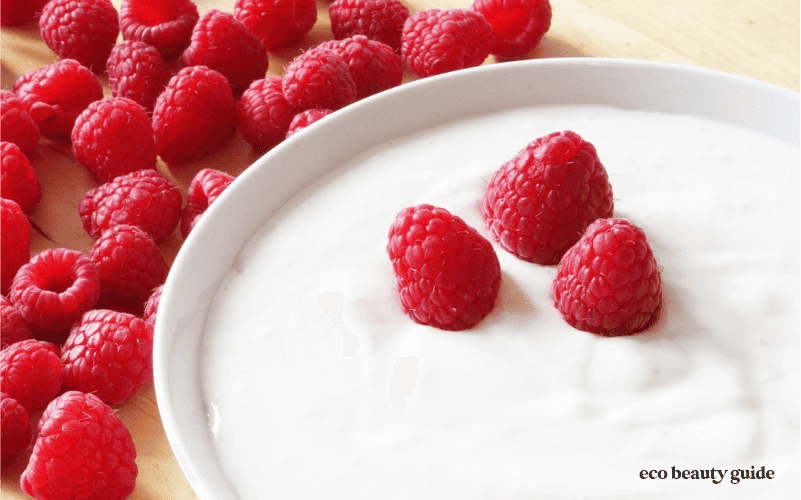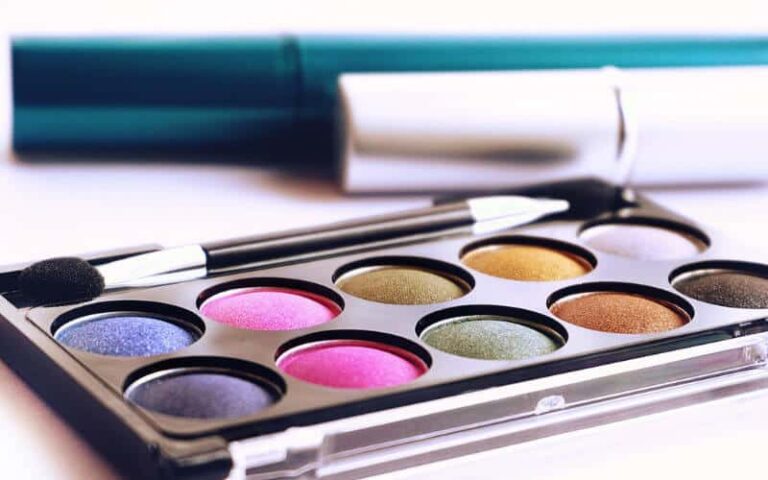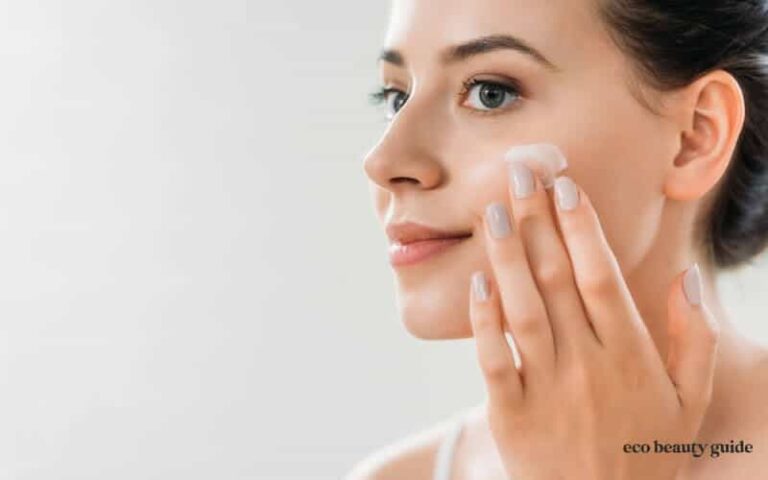Milky Matters: What is the Impact of Dairy on Skin Health?
When it comes to nutrition and skincare, dairy has always been a hot topic of debate. Is it a friend or foe to your skin’s radiance and health? Well, the answer might not be as clear-cut as you’d think. The connection between what we eat and the condition of our skin is pretty complex, with a lot of factors at play. In this article, we’re going to dive deep into whether dairy impacts skin health. Armed with all this information, you’ll be able to make informed choices about what you put in your body to best take care of your skin.
Hormones in Dairy
Before we start labeling dairy as the culprit behind your skin woes, let’s take a moment to talk about something crucial, the hormones in dairy. You see, it’s not really the dairy itself that’s usually to blame, but the hormones that it contains. Cow’s milk, for instance, is a cocktail of various natural and synthetic hormones that can potentially affect your skin. These hormones can influence sebum production in your skin, which may lead to acne and other skin problems.
Understanding Hormones in Dairy
The hormones found in dairy can be divided into two main categories, natural and synthetic. Natural hormones are produced by the cows themselves, while synthetic hormones are added to their feed or injected directly into them. The most common of these hormones are progesterone, testosterone, oestradiol, and insulin-like growth factor (IGF-1). These can all affect your skin in a variety of ways, such as influencing sebum production and potentially causing skin irritation.
Cow’s milk naturally contains these hormones, and they are not added during processing or farming. The amount of hormones in dairy products depends on the animals’ breed, diet, health, and product processing.
Lactose Intolerance and Skin Health
Lactose intolerance is a common digestive disorder where the body is unable to fully digest lactose, a sugar found in milk and dairy products. This intolerance often results in gastrointestinal symptoms, but did you know it could also impact your skin? Certain studies indicate a connection between lactose intolerance and skin health. This makes it important to consider when talking about dairy consumption.
Lactose Intolerance and Skin Health
The connection between lactose intolerance and skin health is still being studied, but some research suggests there may be a link. This hypothesis holds that when you consume dairy products containing lactose, it can trigger an inflammatory response in the gut, leading to digestive symptoms like bloating. Over time, this inflammation could also manifest in the form of skin conditions such as eczema or psoriasis. There is also evidence to suggest that consuming dairy products containing hormones can aggravate existing skin conditions.
Right now, we don’t have enough data to make any clear conclusions about the connection between lactose intolerance and skin health. We need more research in this area. That said if you do suffer from a digestive disorder or certain skin conditions.
Dairy and Acne
One thing to focus on is whether dairy consumption may affect acne. The link between what we ingest and the health of our skin is a topic of ongoing debate and study within the scientific community. In particular, acne, a common skin complaint that can significantly impact a person’s self-esteem and quality of life, has been at the center of this discussion.
The precise cause of acne can vary, with factors such as genetics and hormones playing a role. However, some research suggests that diet, specifically dairy consumption, may also influence acne development and severity. This potential relationship is important to explore further to allow for better guidance on dietary choices for those dealing with acne.
Alternatives to Dairy for Skin Health
For good skin, it’s important to think about options other than dairy. This is especially true for people who see a connection between dairy and skin problems. Research shows that certain dietary choices can boost skin health and appearance. For example, foods rich in antioxidants, like fruits and vegetables, can combat skin-damaging free radicals. Omega-3 fatty acids, found in fish and flax seeds, may contribute to a smooth, glowing complexion. Additionally, non-dairy options like almond milk and soy milk can provide the same creamy texture as dairy, without harming the skin. Thus, exploring and integrating these alternatives into one’s diet can be a strategic move for improving skin health.

FAQs about dairy and skin health
Does Dairy Impact Skin Health?
The connection between eating dairy and skin health is complex, showing the importance of individualized dietary advice. For some, dairy might exacerbate skin issues like acne, possibly due to hormones or lactose intolerance. On the other hand, dairy might not have a significant impact on others’ skin health.
As we figure out this complicated interaction, it’s helpful to remember the different food choices we have. Foods rich in antioxidants and Omega-3 fatty acids, along with dairy alternatives, can pave the way to vibrant skin health. By understanding how dairy affects our skin, we can make better choices for our bodies.
Now I’d like to hear from you. Does dairy affect your skin? Leave your comment below.






